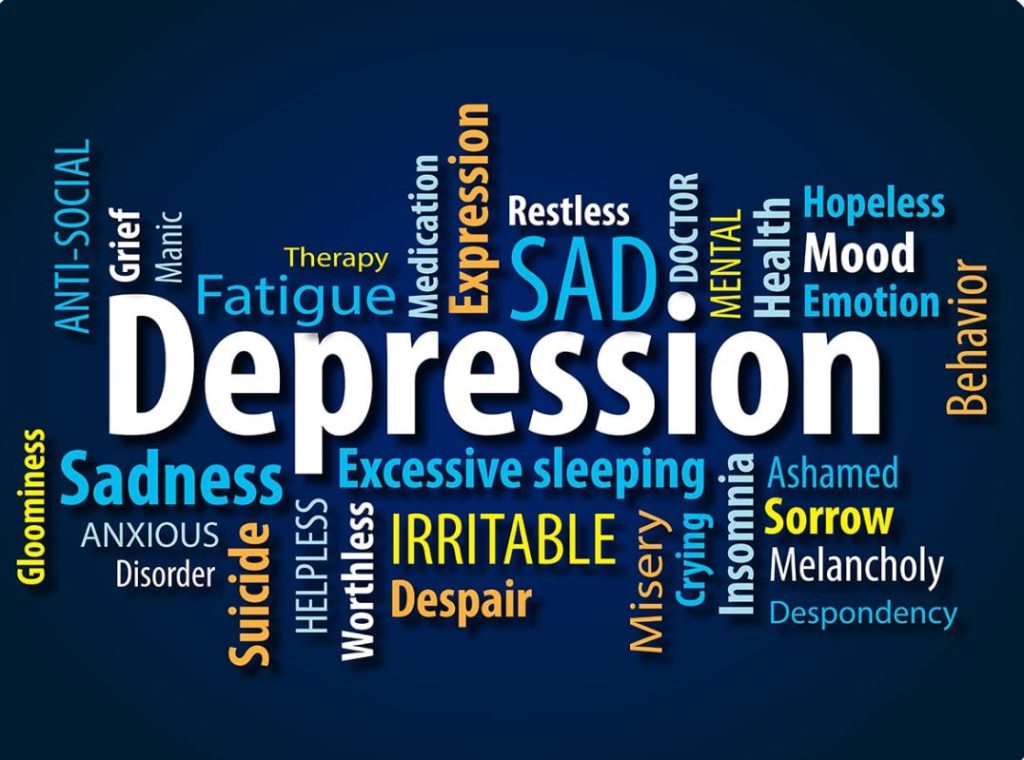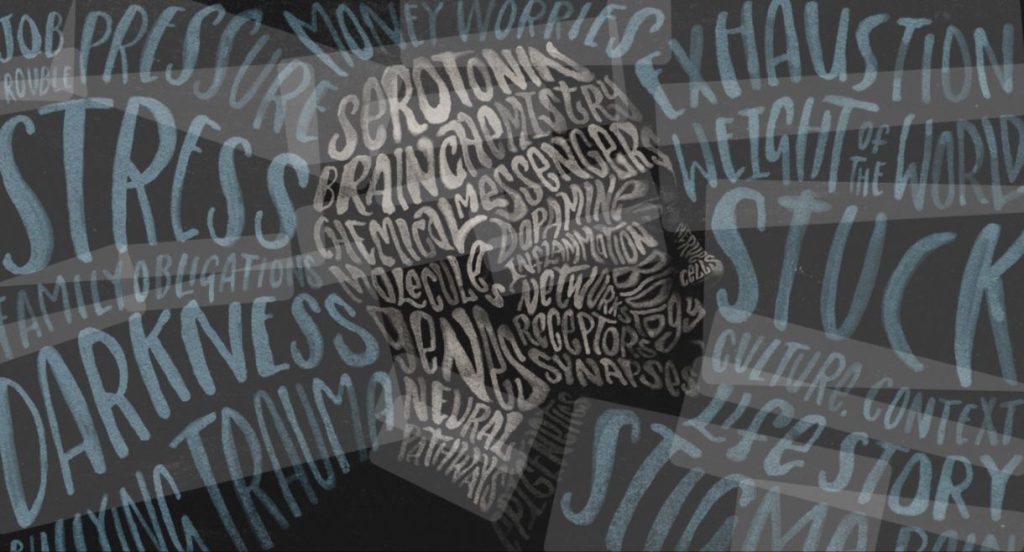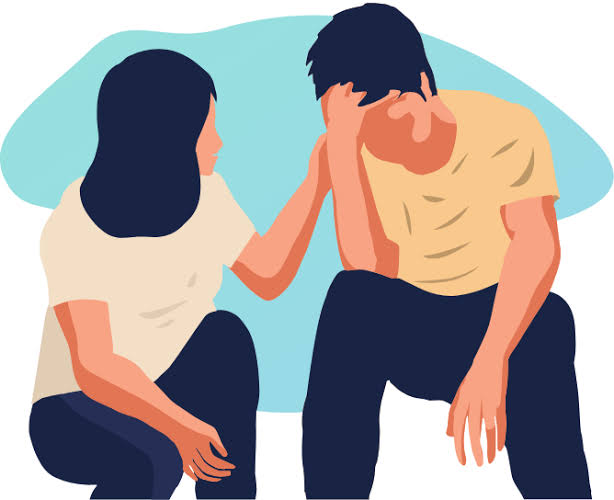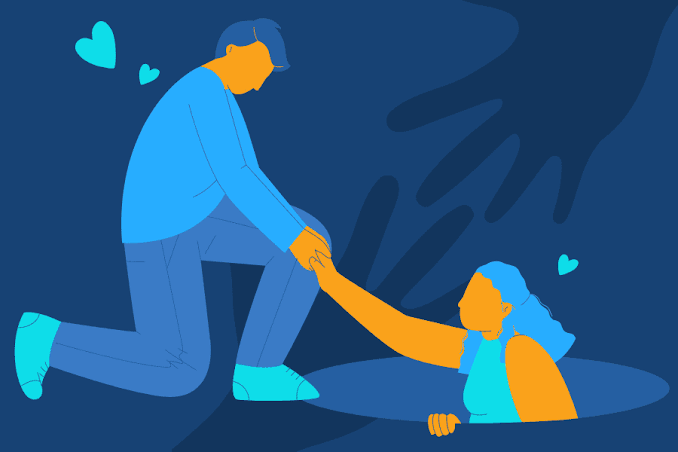
In today’s fast-paced and often stressful world, it’s becoming increasingly common for individuals to experience feelings of sadness, hopelessness, and despair. While occasional mood swings are a normal part of life, when these feelings persist and begin to interfere with daily life, it could be a sign of depression. Recognizing the early signs of depression, what to do, seeking the right treatment, and accessing the necessary support are crucial steps in managing and overcoming this mental health condition.
Early Signs of Depression:

Depression can manifest itself differently in each individual, but there are some common early signs to look out for. These may include persistent feelings of sadness or emptiness, loss of interest in activities once enjoyed, changes in appetite and sleep patterns, irritability, fatigue, difficulty concentrating, and thoughts of self-harm or suicide. It’s important to pay attention to these signs and seek help early on to prevent the condition from getting worse.
What to Do:

If you suspect that you or someone you know may be experiencing depression, it’s essential to take action. Start by acknowledging your feelings and reaching out for support. Talk to a trusted friend or family member about what you’re going through, or consider seeking professional help from a therapist or counselor. Engaging in self-care practices such as exercise, healthy eating, and relaxation techniques can also help improve your mood and overall well-being. Remember that it’s okay to ask for help and that you don’t have to face depression alone.
Treatment:

Treatment for depression typically involves a combination of therapy, medication, and lifestyle changes. Cognitive-behavioral therapy (CBT) is a common form of psychotherapy that helps individuals identify and change negative thought patterns and behaviors contributing to their depression. Antidepressant medications may also be prescribed by a healthcare provider to help regulate mood and alleviate symptoms. Additionally, lifestyle modifications such as regular exercise, adequate sleep, and stress management techniques can play a significant role in managing depression.
Support:

Navigating depression can be challenging, but having a strong support system in place can make a world of difference. Reach out to friends, family members, or support groups who can offer understanding, encouragement, and empathy. Joining a community of individuals who are going through similar struggles can provide a sense of belonging and validation. Remember that it’s okay to lean on others for support and that seeking help is a sign of strength, not weakness.
In conclusion, depression is a serious mental health condition that can impact every aspect of a person’s life. By recognizing the early signs, taking proactive steps to address the issue, seeking appropriate treatment, and accessing the necessary support, individuals can effectively manage and overcome depression. Remember that help is available, and you are not alone in your journey towards healing and recovery, feel free to reach out to me if you need to. Take care of yourself, prioritize your mental health, and remember that there is hope for a brighter tomorrow.
Till I come back your way next week, remain blessed.
Coach Titilola Aboyade-Cole








